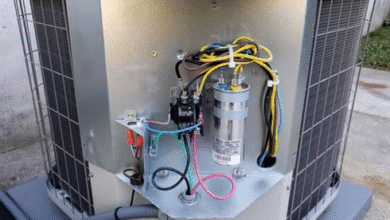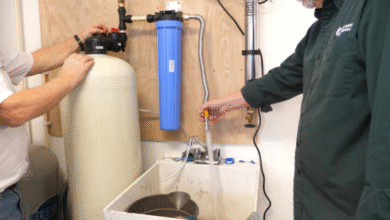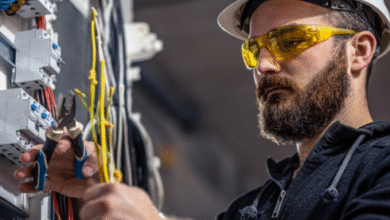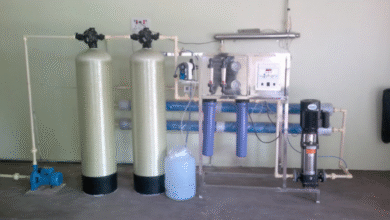When Home Appliances Break Down in Aiken: Finding Reliable Repair You Can Trust
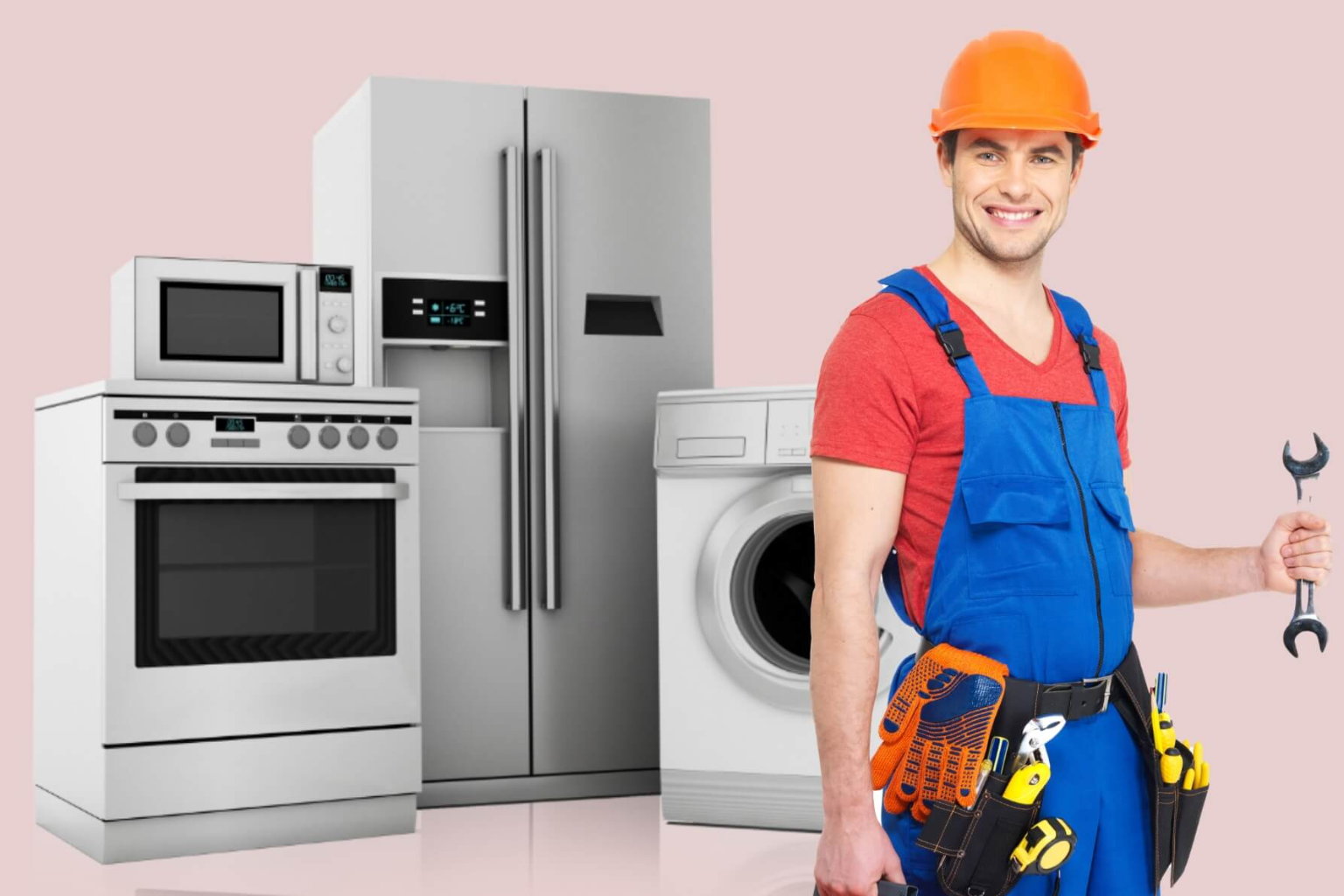
There’s something about the quiet hum of a refrigerator or the soft whirl of a washing machine that makes life feel settled. You don’t think about those sounds much until they stop. That’s usually when panic sets in. A pile of wet laundry stares you down, or worse, you realize the fridge has been warming all night and everything inside feels more like picnic food than groceries. If you live in Aiken, you already know the small-town charm comes with big responsibilities—like finding someone trustworthy to fix what keeps your household moving.
It’s not glamorous to talk about appliance repair, but it’s real. And honestly, most of us don’t give it a thought until we’re in the thick of an inconvenient breakdown. The truth is, your appliances are the unsung heroes of daily life, and when one gives out, it’s not just about the machine—it’s about your time, your schedule, and your sanity.
The Reality of Appliance Breakdowns
Every appliance in your home has a personality. The dishwasher that grumbles after the holidays, the dryer that takes a little longer with towels, the oven that always seems to run a few degrees hotter. They’re quirks—until they’re not. That’s when quirks turn into flat-out failures.
Take the washing machine, for instance. If it decides not to spin, you’re left with soggy clothes and a growing sense of frustration. The fridge? That’s a ticking clock on how quickly you need to find help before food spoils. When moments like these arrive, having a go-to resource for appliance repair Aiken SC suddenly becomes less of an afterthought and more of an urgent priority.
Why Local Service Matters
Now, here’s where things get interesting. You might think, “Why not just call a big-name chain?” Sure, they might get the job done, but here in Aiken, there’s a special kind of value in leaning on businesses that understand the local rhythm of life. These are the folks who know how to show up when you need them most, often faster and with more personal attention than larger outfits.
A local appliance service Aiken provider doesn’t just see you as a number in a call queue. They see you as a neighbor, maybe even someone they’ve bumped into at the grocery store or at the Saturday market. That kind of familiarity changes the experience. Instead of waiting endlessly for an appointment, you’re working with someone who knows the urgency and treats it as such.
Aiken’s Connection to Sloan Appliance
It’s no secret that Sloan Appliance has built a reputation in South Carolina for dependable work. Their presence stretches beyond Columbia, and the Sloan Appliance Aiken location stands as proof that even smaller communities deserve top-notch service without compromise.
For homeowners, this matters. It means you don’t have to drive miles or wait weeks for a technician who understands your specific appliance problem. Sloan’s reach into Aiken brings big-brand reliability into a local package—skilled technicians, accessible service, and the kind of follow-through that keeps customers coming back.
Balancing Costs and Convenience
One of the biggest questions that comes up when something breaks is cost. Is it worth repairing, or should you replace the whole thing? It’s a fair concern. A refrigerator repair might run a couple hundred dollars, but a brand-new unit could easily set you back a thousand or more.
That’s where having honest technicians makes all the difference. A reliable repair service isn’t just about fixing what’s broken—it’s about guiding you through the decision-making process. They’ll tell you when it’s smarter to invest in a repair versus when replacement is the only practical option. In a town like Aiken, where word-of-mouth still carries a lot of weight, you’ll find that the best repair services are the ones that prioritize transparency.
The Human Side of Appliance Repair
Let’s be real—no one schedules an appliance repair with excitement. It usually happens on a Tuesday morning when you’re already late for work, or a Sunday evening right before the school week kicks off. But the right repair service can take some of that stress off your shoulders.
There’s comfort in knowing someone’s coming who has not only the tools but also the patience to explain what’s happening in plain language. They don’t just fix the machine; they restore your sense of normalcy. It’s one less thing to juggle, and in today’s world, that feels like a win.
Wrapping It Up
At the end of the day, appliances aren’t just boxes of wires and motors—they’re lifelines that quietly keep our lives running. When one breaks, it disrupts more than a chore list; it interrupts the flow of family life. And while it might not be the kind of story you brag about at dinner, finding a dependable repair service in Aiken is one of those behind-the-scenes wins that makes everything else easier.
